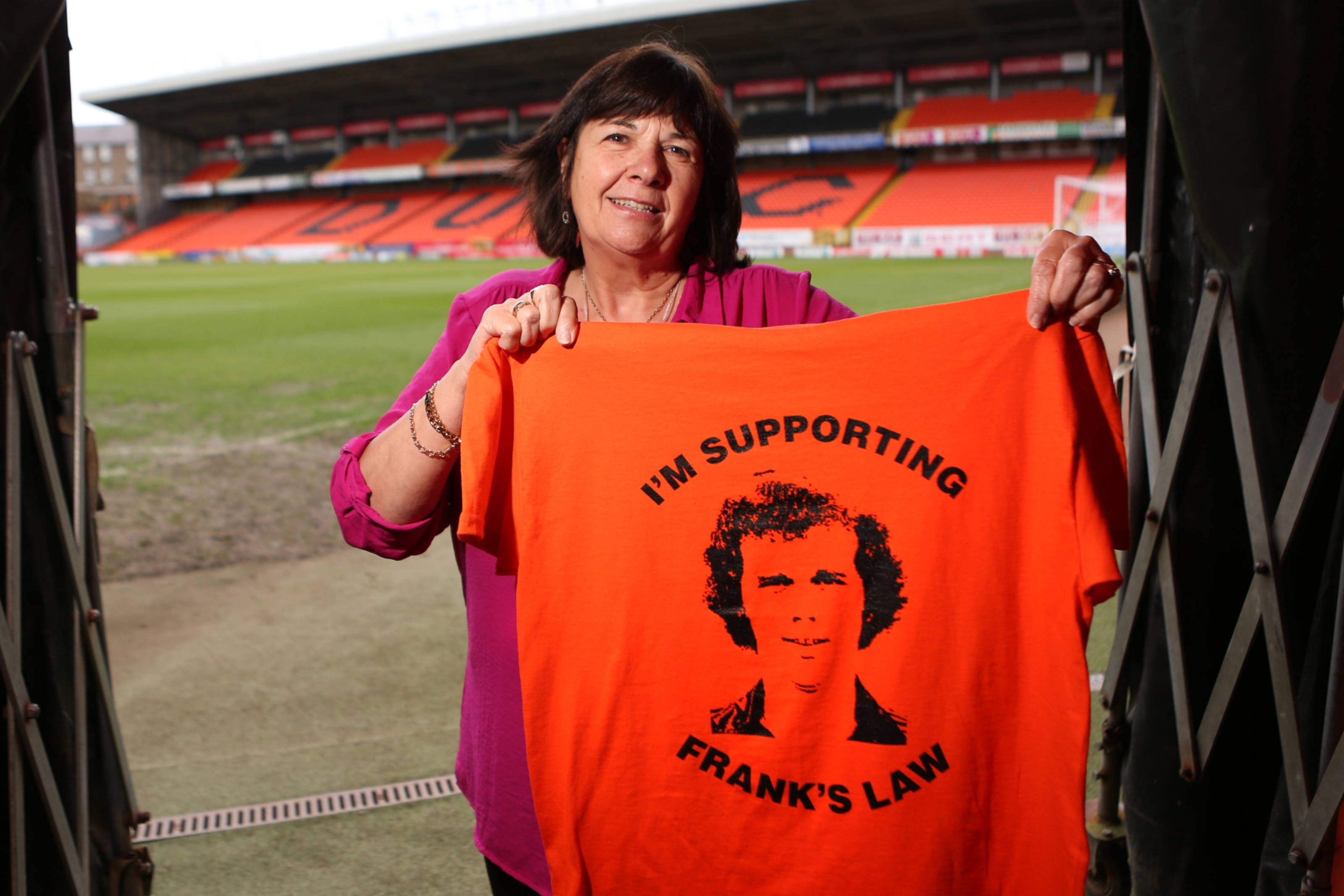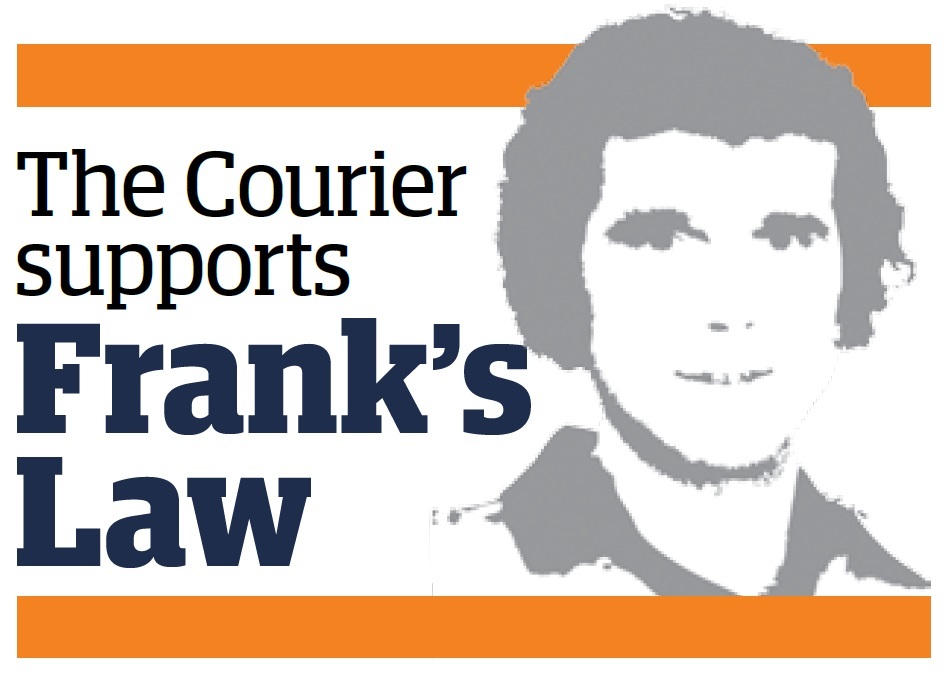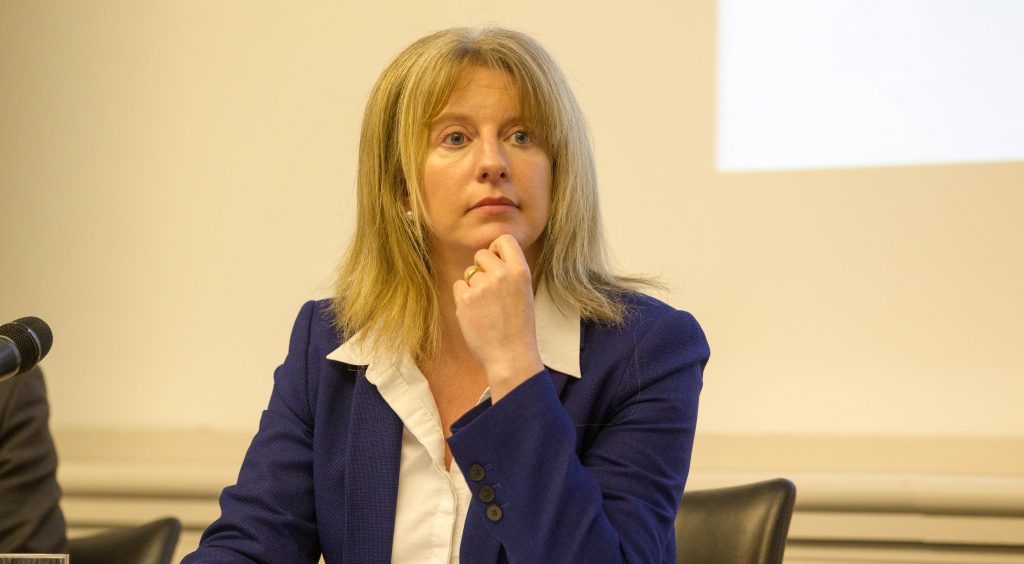The Health Secretary has warned Frank’s Law would have to be deliverable, fair and affordable if it is to be backed by the Scottish Government.
The campaign, which is fought in memory of Dundee United legend Frank Kopel, aims to give under 65s with debilitating conditions the same rights to free personal care as older people.
Shona Robison, who is also the Dundee East MSP, told a Holyrood committee that a feasibility study into extending the state support was “on track” to be completed this summer.
She said the assessment had been widened beyond dementia amid fears it would be unfair to focus on one condition.
“We have agreed that the scope of the feasibility study will look at all those under 65,” she said.
“Hopefully the information we get in the summer will give us some clearer options of the way forward.
“Obviously it has to be deliverable. The options have to be affordable and they have to be fair and consistent.
“So what we need to have first of all is the information on which to be able to make some informed decisions about what is possible.”
Amanda Kopel, the widow of the former Manchester United left back, has spearheaded the campaign, which is backed by The Courier.
It is supported by all Holyrood parties apart from the SNP.
Scottish Conservative Miles Briggs has vowed to bring a member’s bill forward in the summer if the Scottish Government decides against changing the law.
Frank was diagnosed with dementia aged 59 and his family had to pay about £300 a week to support him.
When he turned 65, he was eligible for just 19 days of free personal care before his death in April 2014.
Johann Lamont MSP, convener of Holyrood’s public petitions committee, said: “While the Scottish Government shows the beginnings of a commitment to address the issues around charges for dementia care for under 65s, a feasibility study will not in itself resolve the challenges faced by many families across Scotland.
“The petitioners made a compelling case for change to the current system and important questions remain for the committee on the ‘postcode lottery’ of charges faced by families and how local authorities are defining the ‘need’ for care.
“We await with interest the findings of the feasibility study and will continue to examine the important issues raised by these petitions.”


